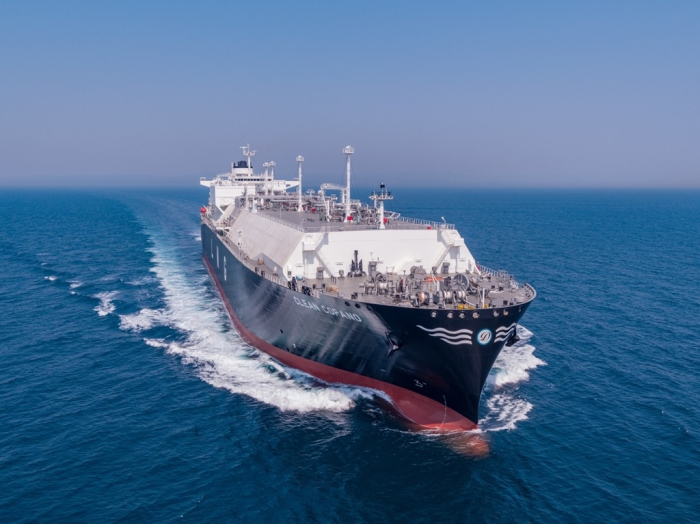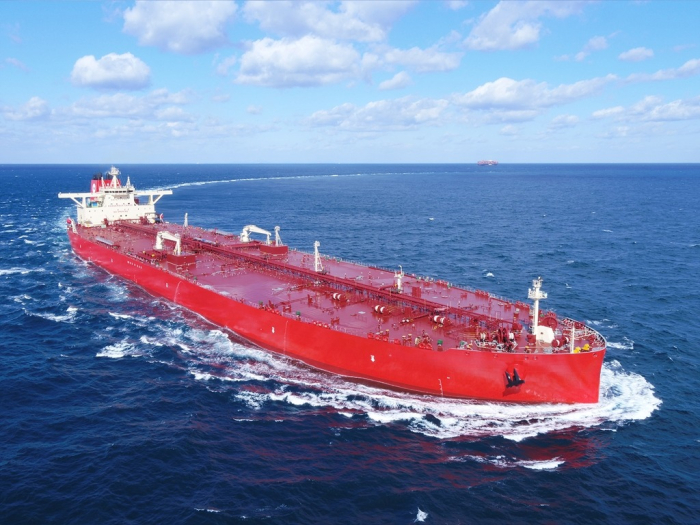
South Korean shipbuilders are expected to benefit from a potential surge in demand for liquefied natural gas (LNG) and crude oil carriers as US President Donald Trump plans to embrace fossil fuels and tighten sanctions on Iran, industry sources in Seoul said on Sunday.
Clarksons Securities Inc., an investment bank for the shipping, offshore energy, renewables, metals and minerals industries, said global demand for new LNG carriers is predicted to reach up to 126 units by 2029 as the Trump administration is set to resume LNG export projects suspended by the previous government.
An LNG tanker costs about $260 million per vessel. South Korean shipbuilders are dominating the global LNG carrier market, having built about 700 of the 750 LNG carriers in service.
South Korea is home to major global shipbuilders — HD Korea Shipbuilding & Offshore Engineering Co., Hanwha Ocean Co. and Samsung Heavy Industries Co.
Those shipyards are more likely to sweep orders for new LNG tankers as the US Department of Defense designated China State Shipbuilding Corp. (CSSC), the world’s largest yard group, as a Chinese military enterprise amid intensifying tensions between the two countries.
CSSC was not sanctioned as the initiative was designed to discourage US companies from conducting business with the company.

VLCC
Demand for very large crude carriers (VLCCs) with a deadweight tonnage (DWT) capacity of 160,000–320,000 tons is also growing.
Norwegian shipowner Hunter Group ASA said it needs more than 150 VLCCs by next year. A VLCC costs about $129 million per unit.
The US and Canada’s crude oil production is expected to rise by 1.14 million barrels a day.
Canada, which has supplied 4 million barrels per day to the US through pipelines, is likely to increase crude oil exports by ships to other countries as Trump is threatening to impose tariffs on Canadian energy resources on March 4.
Washington’s tougher sanctions on Iran are predicted to raise VLCC demand. Trump restored his “maximum pressure” campaign on Iran aimed at driving the Middle Eastern country’s oil export to zero.
Iran has shipped oil to other countries, such as China and India, through ‘the shadow fleet’, which consists of small and medium-sized takers.
The US move is expected to prompt other Middle Eastern countries to export their oil via new VLCCs to those customers, industry sources said.
By Jin-Won Kim
jin1@hankyung.com
Jongwoo Cheon edited this article.














